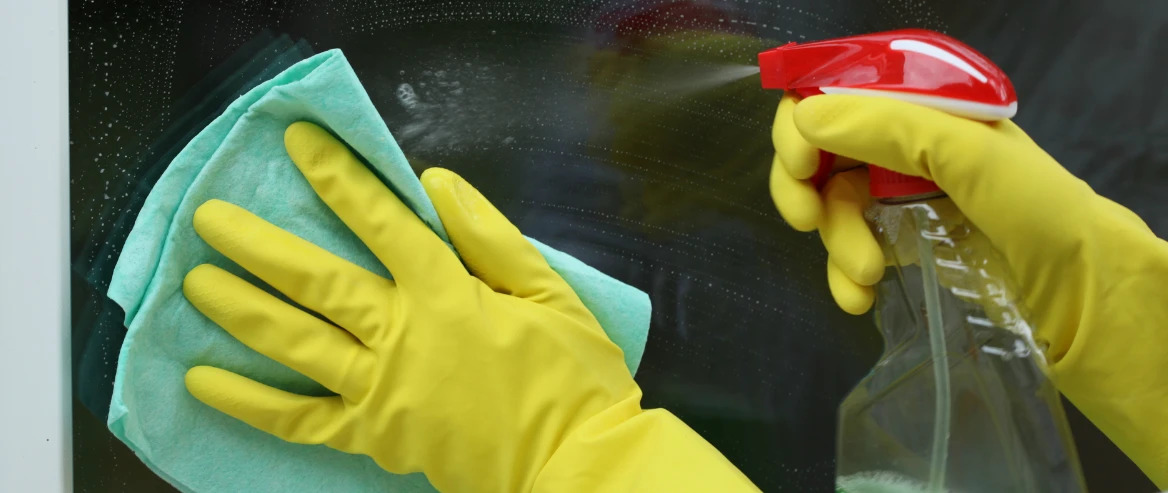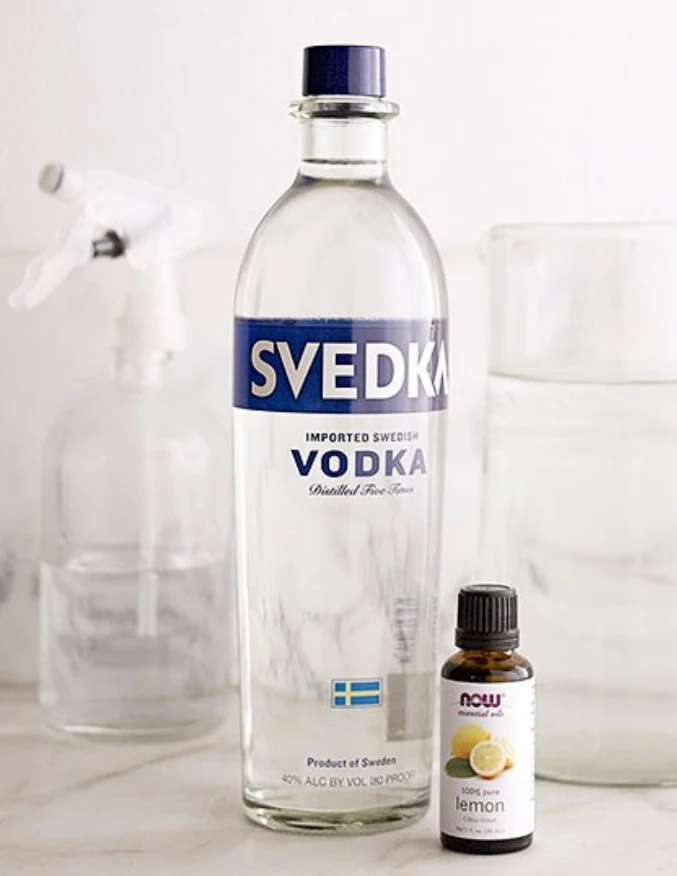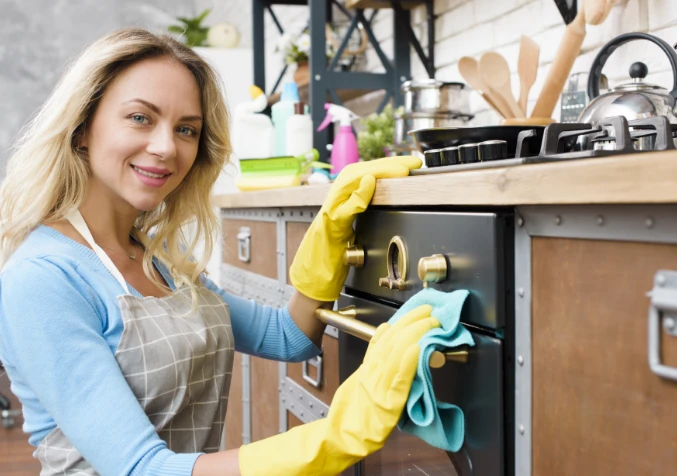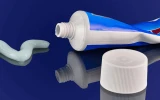DIY Eco-friendly Window Cleaner
Published on Oct 22, 2017

We live in a toxic world, constantly bombarded by harmful pollutants. Car emissions, cigarette smoke, dust, pollen and mould spores!
Cleaning is a fact of life in the ongoing battle to keep our homes healthy and looking great. But have you ever thought about what kinds of chemicals you are putting into your home in an attempt to keep your home “healthy”?
Supermarket shelves are lined with a smorgasbord of products, most of them laden with chemicals that could be bad for your home or your health.
It’s time to step back and rethink how we clean our home. Start ditching those “miracle cleaners” and create your own magical cleaning solution using safe and cost-effective ingredients.
Chemical in Commercial Glass Cleaners
Many people have very low tolerance to chemicals and are highly sensitive to the smell of laundry detergent, gasoline, pesticides, bleach, ammonia, etc. For some people, overexposure leads to certain chemicals leads to immune disorders and illness. At the very least, you'll likely end up with a pounding headache after breathing in some of the intensive cleaning products you use in your home.
Have you ever really thought about the chemicals used in a simple household product like window cleaner? Here’s a typical set of ingredients for a commercial window cleaning product:
-
Hexoxyethanol
-
Isopropanolamine
-
Ammonium hydroxide (ammonia!)
-
Lauryl dimethyl amine oxide
-
Sodium dodecylbenzene sulfonate
-
Artificial fragrances
-
Liquitint sky blue dye
I can’t even pretend to know how to actually pronounce most the names on the list, but they all sound quite nasty. Think of it this way, do you want your children to be exposed to these chemicals? I didn’t think so.
Eco-Friendly Glass Cleaner Recipe

Ingredients
-
1/4 cup white vinegar
-
1 tablespoon of cornstarch
-
2 cups distilled water
-
10-15 drops essential oil of your choice
Instructions
-
Pour all the ingredients in a dark coloured glass spray bottle. A glass spray bottle is used because over time, essential oils can wear the plastic down.
-
Shake well to mix and prevent lumping. Spray the solution onto the glass surface and let it sit for a few minutes to allow the product to work its magic.
-
Use a microfiber cloth to wipe the surfaces clean. No lint, no streaks and no squeegee required! Just a sparkling window that seems invisible!
Why is it so effective
- Vinegar - Vinegar is a classic home cleaning product, as its acidic properties dissolve grease, dirt and grime. We use it for a range of homemade cleaners around the home.
-
Alcohol - Alcohol is a very potent solvent that cleans and disinfects.
-
Essential oil - Mostly to make things smell nice without the artificial fragrances, but essential oils can also be effective cleaners and disinfectants. They can also have a range of therapeutic benefits.
-
Cornstarch - Cornstarch prevents streaking by disrupting hydrogen bonding. Basically, that's water on the glass surface attracting and bonding with more water. Trust us, it’s all good!
-
Microfiber cloth - Excellent scrubber as it scrapes dirt and grime without scratching the glass. No streaks and no lint left behind. Make sure you buy a good quality cloth - when it comes to microfiber cloths, you definitely get what you pay for.
6 Other Things You Can Clean With Window Cleaner
Safe, cheap, simple, and effective, what more can you ask for? The best part is that you can use this window cleaner on other surfaces and get excellent results.

-
glass appliances
-
stainless steel
-
chrome
-
aluminum
-
ceramic
-
plastic
How to Use Your DIY Window Cleaner Effectively
-
You will have to make sure that you shake your DIY Cleaner well before every use, as the cornstarch tends to settle to the bottom or clog the spray nozzle. You want to ensure that your product will be effective.
-
It’s important to use a dark coloured GLASS spray bottle for the sake of the essential oil. Essential oils are sensitive to light and the dark coloured bottle will preserve them for longer. Some essential oils can break down plastic which is why the spray bottle needs to be made of glass.
-
Some people prefer to use newspaper or paper towels instead of a microfiber cloth. Newspapers tend to leave some streaks while paper towels leave lint and are neither cost-effective nor eco-friendly.
-
Remember to use distilled water, as normal tap water may contain minerals that are abrasive to glass.
-
It’s possible to skip the cornstarch if you don’t have it handy, or if you or any member of the family is allergic to corn. The essential oils will still disrupt the hydrogen bonding and have a similar effect.
-
If you are concerned about using rubbing alcohol, you can use vodka instead. They are both alcohols, but vodka is ethyl while rubbing alcohol is isopropyl. The relevant difference is that ethyls are safer for human consumption, while isopropyls are likely to dry out your skin. Choose the alcohol that suits your household better.
Say hello to brighter. more beautiful windows, best of all, while using natural ingredients that will still be just as effective.




